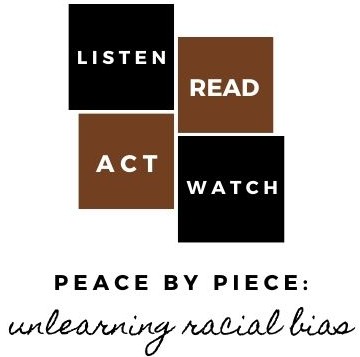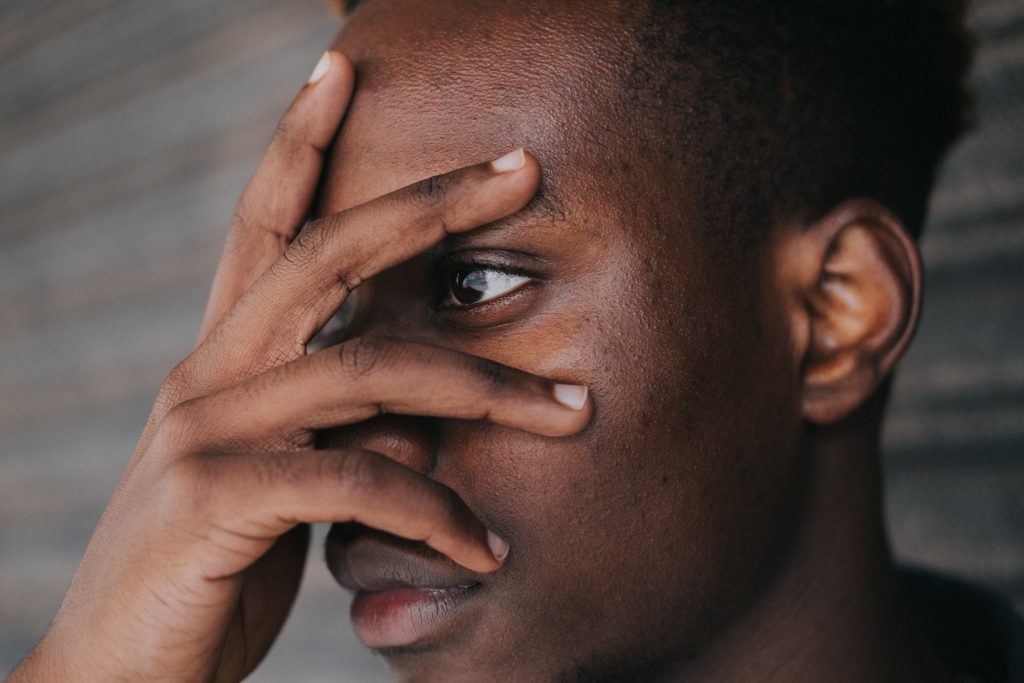This post is part of a year-long series. If my work is helpful for you, consider a contribution through Venmo to support this crucial work of unlearning racial bias.
In Isabel Wilkerson’s voluminous tome Caste: The Origins of our Discontents, she posits that the central underlying issue fueling racial strife in this country is not due to race but due to caste. Throughout Caste, Wilkerson thoroughly explores the idea of caste, specifically the caste system in India. What she’s found through her years of research and scholarship, is that people who are part of the untouchable caste in India live incredibly similar lives to black people in America. Says Wilkerson, “caste is the bones of what we are dealing with. Race is the tool, it’s the signifier, it’s the cue it’s the signal of one’s place.”
Woven in amongst Wilkerson’s accounts of conferences she’s attended and historic figures she’s examined is an idea I found incredibly interesting: As Wilkerson recounts an overview of the evolution of whiteness in present-day America from earlier labels attached to country of origin, she explains just how whiteness evolved in order to trap blackness in the untouchable caste. And just as untouchables in India have historically been trapped in their “place,” unable to rise out of their caste no matter how doggedly they pull up their bootstraps, neither can black people escape our own caste – even if we try earnestly to do so. There was a particular parallel that blew my mind: the religious origins of Indian caste as compared to biblical justifications for slavery.
Y’all. All the parallels are there.
Whether we assimilate completely to the dominant culture’s ideals, religion, even monetizing white-centric punditry into a career, or we focus our efforts on honing our talent to become excellent and give back to build up our community – we cannot escape this caste.
If we are a respected historian with a respectable on-air persona, we can still be arrested trying to get into our own house.
If we attend a neighborhood swim party in the summertime, we can be thrown on the ground and handcuffed while asking for our mother.
If we fall asleep while working on a college paper, we could have police called in to interrogate us.
If we are adolescent children who sometimes have poor attitudes, we may be pushed out of school all together, and into jails and prisons instead.
And we will be told in almost every case that protocol was followed and policy adhered to, and that as such, no prosecution or negative consequence will befall the perpetrator of our trauma.
Caste is a system that is set up to build society on a foundation of injustice. There is no way to work the system in our favor, because we are always black no matter what, and because the system was built on our backs in order to keep us on the bottom of the hierarchy.
I don’t pretend to understand the years of research that Wilkerson put into this book, but her thesis has stayed with me. Caste seems inextricable from the problem of racial division in America.
I hope that you pick up Wilkerson’s book to check it out for yourself, and when you do, I hope you’ll keep these questions in mind to guide your reflection on caste:
- When have you allowed racial bias to drive you to fear a person you don’t know? A person you do know? When you see black people treated unjustly based on their skin color, do you speak up or step in on their behalf? Do you visibly, physically stand in solidarity with them?
- How often have you thought or said that America’s problems are based on class and not race? How does this line of thinking help you to understand problems people face based on the color of their skin? Why have you felt the need to diminish race struggles in favor of class struggles?
- Are the black people in your life able to confide in you and know that you will listen and try to understand their experience and perspective?
Keep persisting on this journey. It will bear the fruit of peace in time. Come back for the next post, so that we can keep working together to unlearn racial bias, for the betterment of our community and ourselves, one piece at a time.



